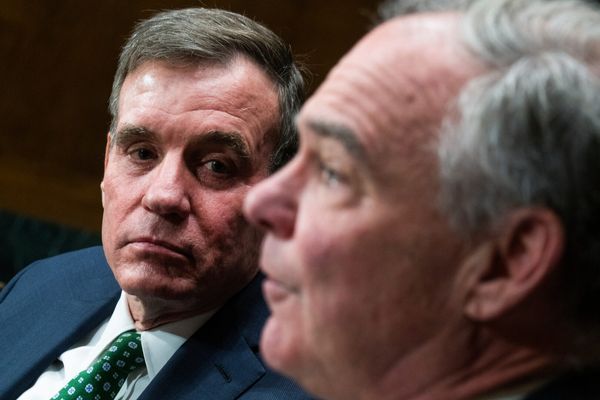United Airlines (UAL) shares slumped Thursday after the carrier posted softer-than-expected second quarter earnings as surging staff and fuel costs offset a boom in post-pandemic travel demand.
United swung to profit last quarter, its first since without federal government support since the 2020 pandemic, but its adjusted earnings of $1.45 missed Street forecasts by more than 50 cents. Revenues were solid at 12.1 billion, but a 45% surge in fuel costs, as well as ongoing staff and pilot shortages, ate into its bottom line.
Last week, Delta Air Lines (DAL) said fuel, staff overtime and customer re-booking costs combined to pressure second quarter profit margins, adding that even though it sees current quarter revenue growth of between 1% and 5% from 2019 levels, it has no plans to increase capacity.
United echoed that sentiment, saying it expects the travel boom to "more than offsetting economic headwinds — leading to expected revenue and earnings acceleration in the third quarter," but won't increase capacity between now and the end of the year as it works to build staffing levels and keep a lid on costs.
“It's nice to return to profitability – but we must confront three risks that could grow over the next 6-18 months. Industry-wide operational challenges that limit the system’s capacity, record fuel prices and the increasing possibility of a global recession are each real challenges that we are already addressing," said CEO Scott Kirby. "These fundamental challenges have already led to higher costs, higher fuel prices but, also higher revenue, which means we’re as confident as ever we will deliver on our 9% adjusted pre-tax margin target in 2023.”
United Airlines shares were marked 10.3% lower in early afternoon trading Thursday to change hands at $37.36 each, extending the stock's year-to-date decline to around 14%..







